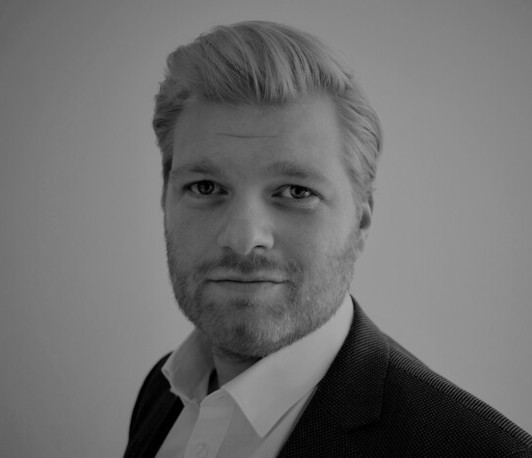How Cybercrime challenges Criminal Law
Institutskolloquium
- Datum: 06.10.2023
- Uhrzeit: 10:30 - 12:00
- Vortragender: Dr. Florian Nicolai
- Dr. Florian Nicolai, Akademischer Rat a.Z. at the FAU Erlangen-Nuremberg, passed the first state examination in 2017. He completed his legal clerkship at the Higher Regional Court of Nuremberg (OLG Nürnberg) with the second state examination in 2019. From 2019 to 2023 he was part of the Research Training Group 2475 “Cybercrime and Forensic Computing” funded by the Deutsche Forschungsgemeinschaft (DFG). Within the context of his research in the Research Training Group he was a guest researcher at the Swedish Law and Informatics Research Center (Stockholm University) in 2022, where he continues to give guest lectures. In 2023 he received a doctorate in law with a thesis on the impact of the Internet of Things on Criminal Law (Duncker&Humblot, in press). His doctoral thesis was awarded with the doctoral prize of the Department of Law of the FAU Erlangen-Nuremberg. In his current position as a postdoc Nicolai is involved in teaching as well as research. He is the author of several legal essays, comments on judgements, contributions to anthologies and other publications. Together with Prof. Dr. Mustafa Temmuz Oğlakcıoğlu (Saarland University) he founded the podcast "Räuberischer Espresso", which is published by the legal educational magazine "Juristische Arbeitsblätter".
- Ort: IPP Greifswald
- Raum: Günter-Grieger-Lecture Hall (Greifswald)
- Gastgeber: Dmitry Moseev
- Kontakt: dmitry.moseev@ipp.mpg.de

1+1=2. a2+b2=c2. E=mc2.
These equations are based on the laws of nature, the factors are defined
by nature. Changes in everyday life will not change these laws, they
cannot be bypassed or overtaken by society and technical development. “Whoever
interferes with data processing operations which are of substantial
importance to another […] incurs a penalty of imprisonment for a term
not exceeding three years or a fine”. This is not a law of nature,
it is a manmade law, section 303a (Computer Sabotage) of the German
Criminal Code, to be exact. The factors – the “elements of a crime” –
are not defined by nature. Changes in everyday life and social habits
can lead to laws being insufficient, obsolete or their sense and purpose
being changed to the opposite. Big impact nowadays have, of course,
digitization and the interconnectedness of everyday life. This guest
talk will depict research on how cybercrime and the interconnectedness
of everyday life challenge both Criminal Law and Criminal Procedural
Law, being presented with illustrating examples. At the same time the
audience will gain insight into the “science of criminal law”,
particularly the reading and interpretation of criminal offences and
their elements and how Cybercrime and the interconnectedness of everyday
life challenge both Criminal Law and Criminal Procedural Law.